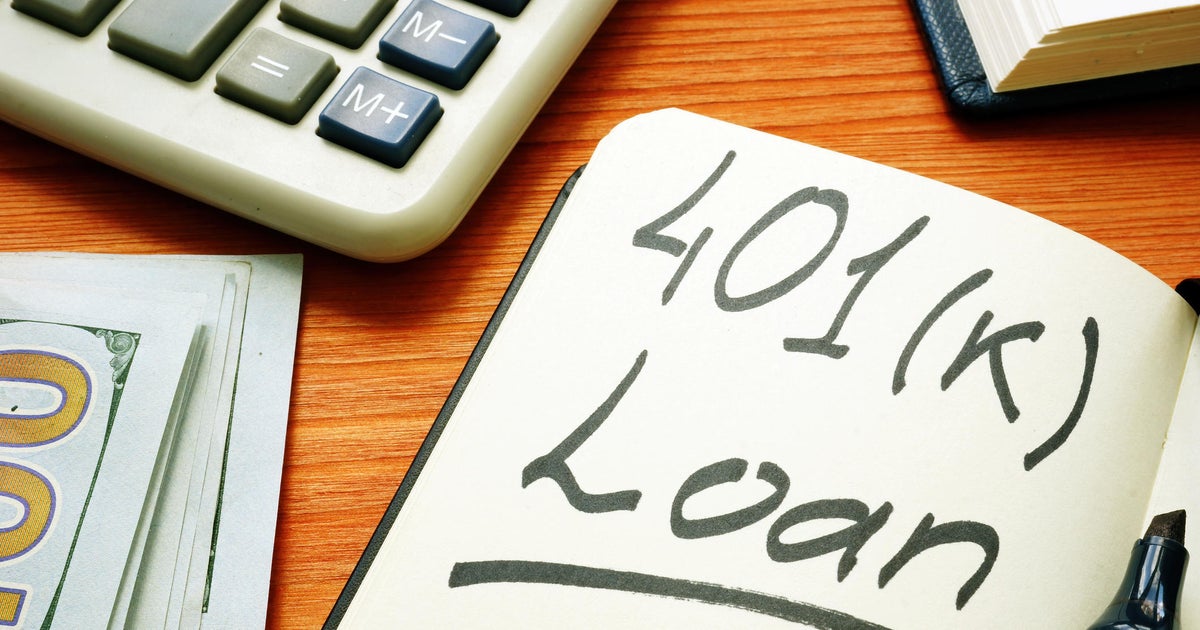Americans are saving less and being buried in credit card debt
A growing number of Americans are struggling to sock away funds for an emergency due to high inflation and climbing interest rates, a recent Bankrate survey suggests.
More than a third of survey respondents, or 36%, told Bankrate last month that they have more credit card debt than emergency savings. That's up from 22% of Americans in the same situation one year ago.
"It's clear that the less-than-optimal economy, including historically high inflation coupled with rising interest rates, has taken a double-edged toll on Americans," Mark Hamrick, Bankrate senior economic analyst, said in the survey published Thursday. "Many have resorted to tapping their emergency savings if they have it, or have taken on credit card debt, or some combination."
Having little to no money in reserves is especially troubling at a time when food basics like eggs are getting more expensive, gas prices are inching higher, and many believe the nation is about to enter a recession.
The economy's rapid rebound from the pandemic, combined with a surge in inflation, caused the Federal Reserve to spend 2022 hiking its benchmark interest rate to slow down growth. The move almost immediately created higher borrowing costs for consumers with auto loans, mortgages and credit card balances. A record share of Americans are paying more than $1,000 a month for their car note now that auto loans rates are north of 6% for new and used vehicles.
Another sign that consumers are feeling the financial pinch: credit card debt reached a record high of $986 billion, the Federal Reserve Bank of New York reported last week.
"[S]tubbornly high prices and climbing interest rates may be testing some borrowers' ability to repay their debts," Wilbert van der Klaauw, an economic research adviser at the New York Fed, said in the report.
Bankrate polled roughly 1,000 people and asked about their credit card debt, their savings account balance and how they're planning to pay down debt. Respondents said inflation or being unemployed are the biggest barriers keeping them from saving more. Nearly 15% of respondents said they have no credit card debt — and no savings.
"It is quite stunning that such a high percentage of adults have no savings and no credit card debt," Hamrick said. "Anyone with no such savings, including those without access to credit, risks tremendous stress, or worse, on their personal finances when hit with a significant unplanned expense such as a major home or auto repair."



